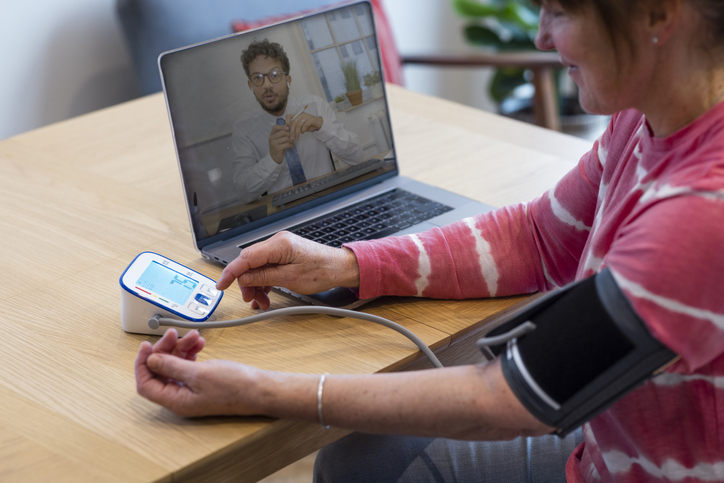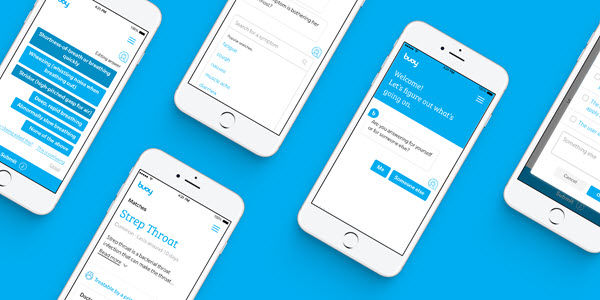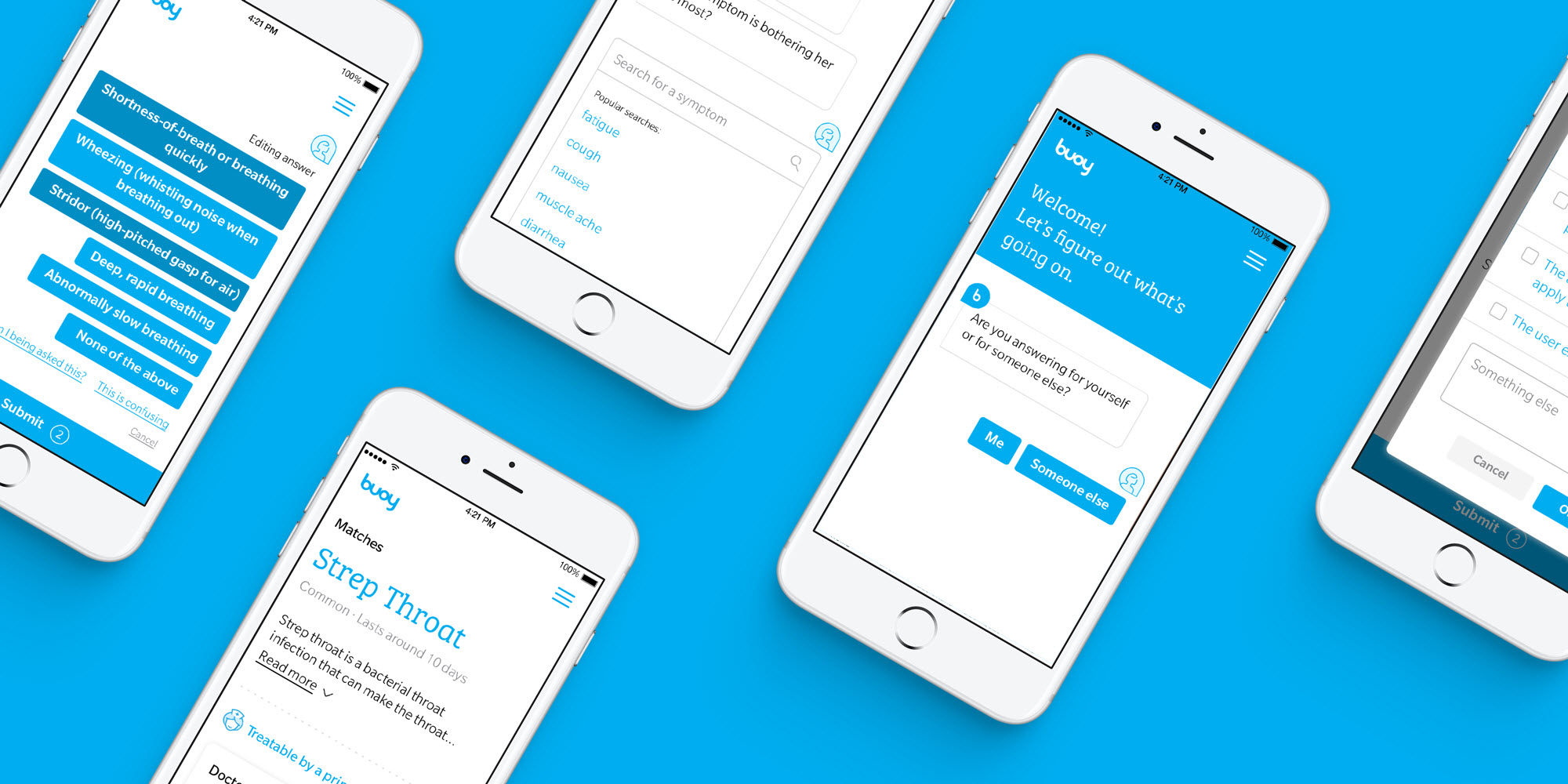
Healthcare IT in 2025: Triage for the Age of AI
Amid the chaos and confusion of healthcare IT in our age of AI, a triage concept may be the best guide for organizations fighting to stray strong and capable in 2025 and beyond.

Amid the chaos and confusion of healthcare IT in our age of AI, a triage concept may be the best guide for organizations fighting to stray strong and capable in 2025 and beyond.

To personalize the patient journey, hospitals need a digital back end capable of delivering tailored experiences. Here's how a composable digital experience platform (DXP) works and how it can help you offer multiple layers of personalization to meet your patient's needs.

As poor experiences and high costs drive many to walk away from their doctors, the right additional support can keep patients from switching providers. Here are three suggestions to consider that could make a difference for patient experience while improving access to care and reducing costs.

U.K. doctor David Watkins has been a public critic of Babylon Health and its AI technology for years, during which has received anonymous emails from Babylon employees who shared his concerns but feared to speak out publicly. After Babylon collapsed, a former employee publicly declared that the AI engine was indeed faulty. As a longtime skeptic of Babylon's claims surrounding its technology, Watkins said that Ali Parsa, the company's CEO, shouldn’t be treated any differently to Elizabeth Holmes.

RapidAI recently closed a $75 million Series C funding round led by Vista Credit Partners. The company offers an AI platform that helps hospital care teams triage and treat stroke patients more quickly.

The company's AI-enabled imaging software identifies a suspected pulmonary embolism and delivers real-time notifications to physicians so the patient can be treated quickly.

In a landscape where complexity has long been the norm, the power of one lies not just in unification, but in intelligence and automation.

In response to the spike in demand for virtual care services amid the Covid-19 pandemic, UCLA Health developed telehealth-specific triage protocols to ensure their patients are getting care through the appropriate medium — whether in person or via a video visit. Here's how they did it.

The Boston-based startup developed a symptom checker that can also help navigate users to care in their insurance network. Optum Ventures is also one of its backers.

Blue Shield of California is partnering with digital health startup GYANT to roll out Covid-19 screening tools to hospitals in its network for free. Hospitals can deploy the tool on their websites, without having to integrate it with their health record systems.

Babylon Health, a London-based startup, faced concerns raised by an oncologist about results generated by its triage chatbot. The company brushed off the complaints as tests from a “Twitter troll.”

The multinational cohort of investors was led by Saudi Arabia's sovereign wealth fund and included participation by global reinsurance company Munich Re, Swedish investment firm Kinnevik AB and Vostok New Ventures.

The funding will be used to expand the staff from 10 to 19 in the next 12 months and add to its customer base of hospitals and payers beyond Boston